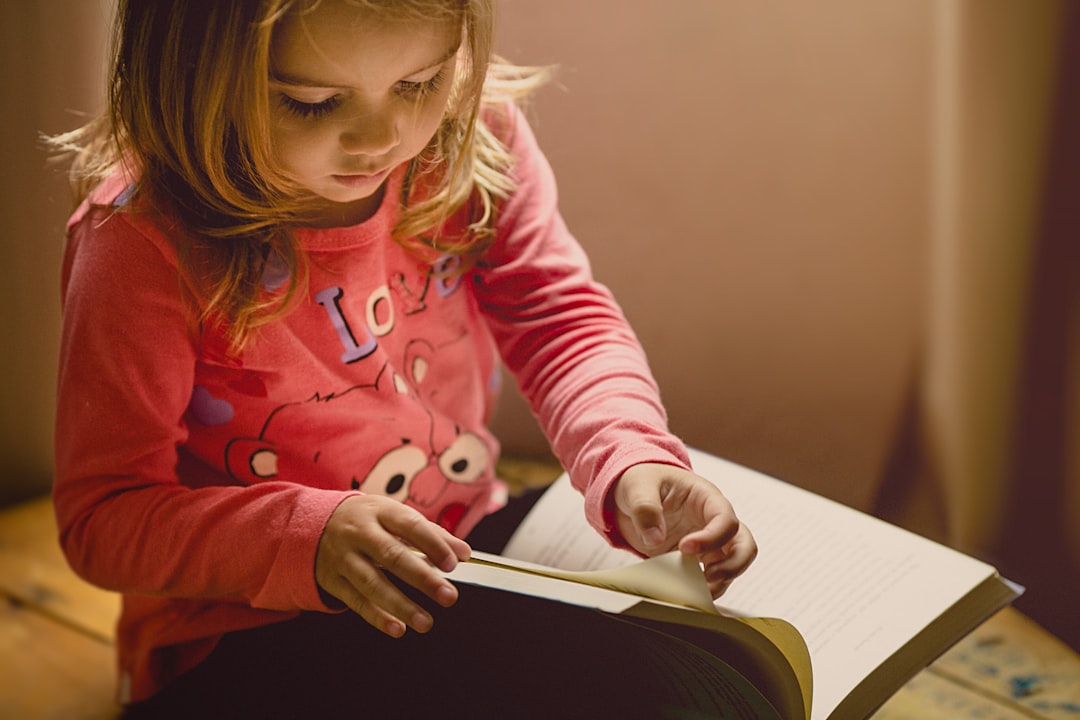 Photo from Unsplash
Photo from UnsplashOriginally Posted On: https://bippermedia.com/sponsored-content/understanding-what-a-routine-is-and-why-it-is-important-for-children/
In the whirlwind of parenting, establishing and maintaining routines can often be overlooked or underestimated. However, routines play a crucial role in a child’s development, providing them with stability, security, and a foundation for learning. In this article, we will explore what a routine is, its significance in a child’s life, and how parents can effectively incorporate routines to promote healthy development.
What is a Routine?A routine is a sequence of activities or habits performed regularly, often in the same order. For children, routines can encompass a variety of activities, including waking up, meals, playtime, learning, and bedtime. Routines provide structure and predictability in a child’s life, helping them understand what to expect and when.
The Significance of Routines in ChildhoodStability and SecurityRoutines create a sense of stability and security for children. Knowing what comes next provides a comforting predictability that can be particularly reassuring during times of change or stress. This stability becomes a foundation upon which children can build a sense of security and trust in their environment.
Development of Self-DisciplineThrough routines, children learn the concept of self-discipline. Following a consistent routine helps them understand the importance of completing tasks and responsibilities, fostering a sense of accountability. This early exposure to self-discipline can have long-lasting positive effects on their behavior and decision-making as they grow.
Emotional RegulationChildren often struggle with managing their emotions. Routines can serve as emotional anchors, helping children regulate their feelings. The predictability of routines allows children to anticipate and prepare for transitions, reducing anxiety and promoting emotional well-being.
Promotion of Healthy HabitsDaily routines often involve activities like meals, hygiene, and bedtime. These routines offer an opportunity for parents to instill and reinforce healthy habits. Regular mealtimes promote healthy eating, consistent bedtime routines contribute to better sleep hygiene, and daily hygiene practices establish lifelong habits.
Facilitation of LearningRoutines create an environment conducive to learning. When children know what to expect, they can focus more on the content of activities rather than the uncertainty of the situation. Educational routines, such as consistent reading time or structured learning sessions, enhance cognitive development and academic performance.
Incorporating Effective RoutinesConsistency is KeyThe effectiveness of routines lies in their consistency. Establishing a routine is not a one-time effort but an ongoing commitment. Consistency helps children internalize the routine, making it a natural part of their daily lives.
Flexibility within StructureWhile routines provide structure, it’s essential to allow for flexibility. Unexpected events or changes may occur, and rigid routines can lead to stress. Parents should be adaptable and make adjustments when necessary, ensuring that the routine remains a positive and supportive aspect of the child’s life.
Age-Appropriate RoutinesConsider the age and developmental stage of the child when creating routines. Younger children may require more detailed and hands-on guidance, while older children can participate in the planning and execution of their routines. Age-appropriate routines promote a sense of autonomy and responsibility.
Balancing Independence and SupportRoutines should strike a balance between fostering independence and providing necessary support. As children grow, gradually encourage them to take on more responsibilities within their routines, empowering them to develop life skills and decision-making abilities.
Communication and CollaborationInvolve children in the process of establishing routines. Discuss the importance of routines, explain the reasoning behind certain activities, and listen to their feedback. Collaboration promotes a sense of ownership and cooperation, making routines more meaningful for children.
ConclusionIn the intricate tapestry of childhood, routines emerge as essential threads that weave together stability, discipline, and emotional well-being. Parents play a pivotal role in shaping these routines, providing children with the tools they need to navigate the complexities of life. As we delve into the significance of routines, it becomes evident that they are not just a series of activities; they are the building blocks of a child’s foundation for a healthy and fulfilling future. Make learning routines fun by watching videos from Bubbles and Friends!












